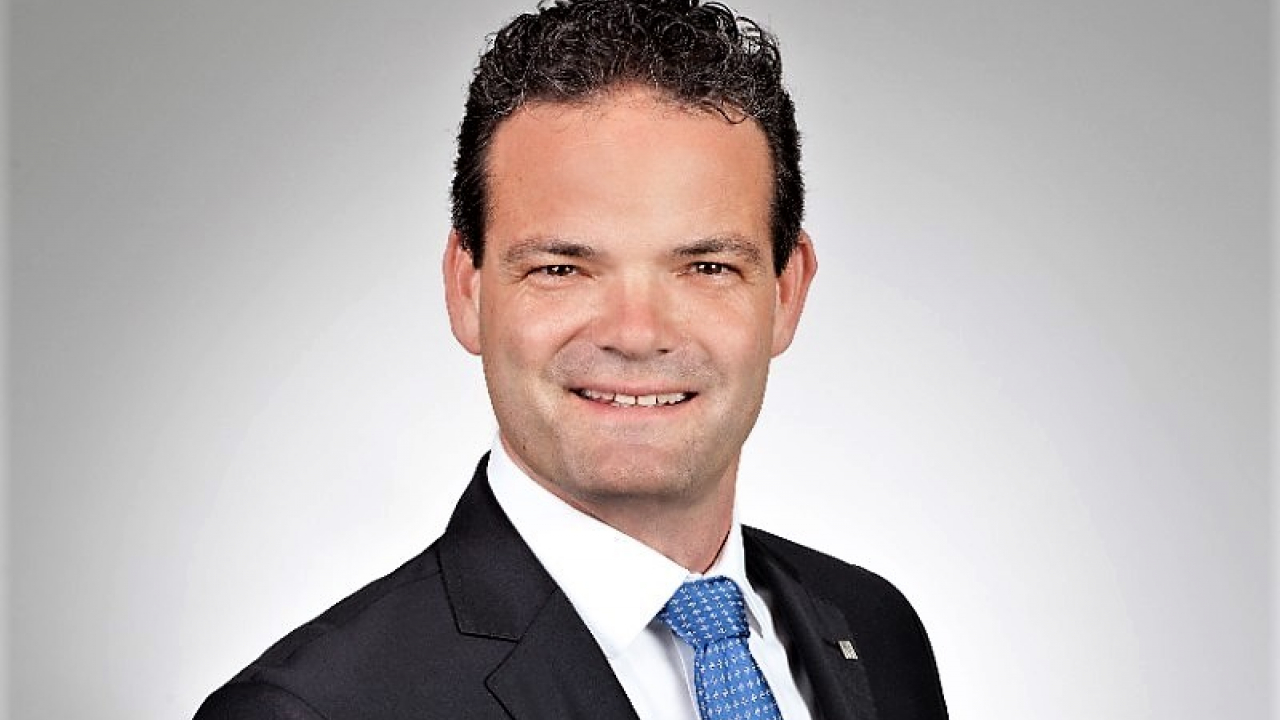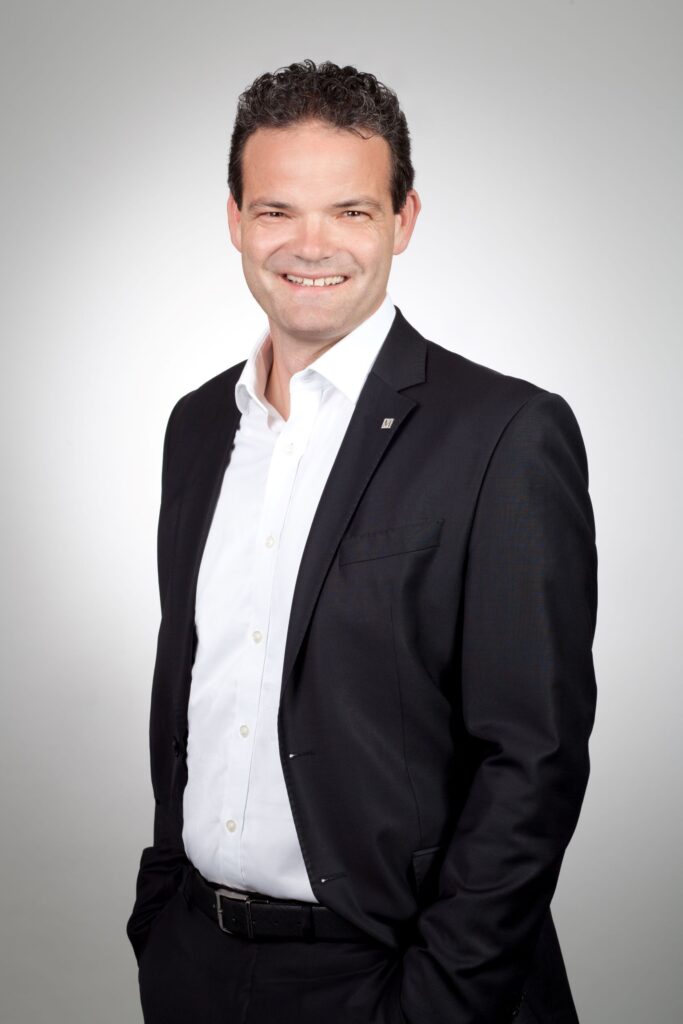Interview: Dr Ralf Gaffal, Managing Director of Munich Airport International (Part 1 of 2)
Sev Fevzi
March 30, 2022

|
In the third of her ‘Interview’ series for IR Pulse on the customer experience, Modalis Infrastructure Partners associate Sevda Fevzi talks to Dr Ralf Gaffal, managing director of Munich Airport International – a subsidiary of Germany’s Munich Airport – about pre- and post-COVID challenges. |
Ralf Gaffal has more than two decades of experience in aeronautics and aviation having joined Munich Airport in July 2008 following five years of study for a PhD in environmental technologies focused on reducing the carbon footprint of aviation.
After managing several projects at Germany’s second busiest airport he was chosen to build a new international business team to expand Munich Airport’s footprint and international consulting, training and management activities. In 2017 he established Munich Airport International GmbH, a 100% subsidiary of Munich Airport Group, with a team of more than 120 experts.

Gaffal: “For the success of an airport, it is essential that everyone pulls together and understands where the business is headed.”
He is 100% responsible for the strategic development and operations of all international activities of Munich Airport Group and says that since 2009, revenue and profits have grown more than 500%.
Below he discusses how customer experience fits into the work of his division in the first of a two-part interview.
Munich Airport International (MAI) has a vast portfolio. What has worked well across the various divisions in your business in terms of driving forward customer experiences (CX) for passengers?
There are various drivers. For me, personally, people are the most important factor. Hospitality and a genuine friendliness have a huge impact on making the overall airport experience remarkable. Underlying, is the operational performance and technology, which must provide a high level of efficiency for a smooth and seamless passenger flow. Last but not least, a strong commercial concept to establish ‘a place to be’ perfects the customer journey by creating a unique airport atmosphere with a distinct selection of local and global offerings.
What is the best way to develop awareness within the organization regarding the importance of CX success?
CX is the responsibility of each employee of the airport operator and its stakeholders. Serving the client, B2C or B2B, is the key success factor to ensure passengers choose your airport for starting their journey or to transition. Happy customers are the best ambassadors we could possibly ask for.
With training, informative sessions, awards, and other activities for airport staff it we ensure that the organization´s customer experience philosophy and strategy is at the heart of all our actions. Only if each and every employee – no matter which division or level – fully understands, internalizes and lives the company values, can we meet and deliver 5-star services.
During the era of COVID, how have the fundamentals of customer experience altered and what has that meant for the way you operate now – and will do going forwards?
The fundamentals have not changed much, but the focus and speed for implementation has. Seamless travel and customer experience are focus areas for most major airports: contactless check-in processes; easy bag check-in and drop-off; automated processing with biometric support – and thus shorter waiting times; easier and faster access to boarding gates; and, not least, the passenger journey itself are obviously becoming more and more of a commercial and entertainment experience.
The importance of this trend has been reinforced by the current pandemic. Airports need to do their utmost in order to be prepared for future disruptive incidents to minimize serious downturns and massive drops in traffic. Building trusted and standardized processes on a global scale – with the full backing and alignment of, and across, relevant governmental bodies and industry organizations – is key to ensuring financially sustainable airport operations.
With the pandemic, passengers’ need for safety and health measures has grown significantly: disinfection dispensers, increased cleaning, protective panels at check-in and information desks, distance markings, face mask vending machines are just some of the new measures introduced with the outbreak of COVID.
How much does the success of the airport management business depend on stakeholder collaboration and can you give us some examples?
It is important that new visions and concepts are envisioned by all airport employees, business partners and stakeholders. For the success of an airport, it is essential that everyone pulls together and understands where the business is headed – essentially understanding the vision, mission and value of the organization behind the airport itself.
The joint-venture (JV) between Munich Airport and Lufthansa in financing, building and operating a terminal facility together is a successful and relatively unique story in the airport industry and proves the importance, as well as the potential achievements, that broad and novel collaborations could yield.
Besides such a JV, there are also collaborations at a working level that add significant value. For example in operations, we are seeing a strong shift to joint airport operations centers hosting members of various airport stakeholders. This increases and streamlines exchange of information and allows for improved staffing of passenger touch points such as security or passport control, and many more initiatives.
[In the second part of this interview next Wednesday, Gaffal will address the topics of non-aeronautical revenue, post-COVID profitability, and building back passenger confidence.]
[Main image: Dr Ralf Gaffal]

